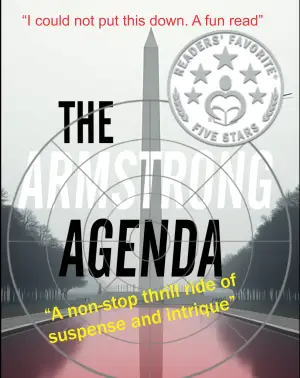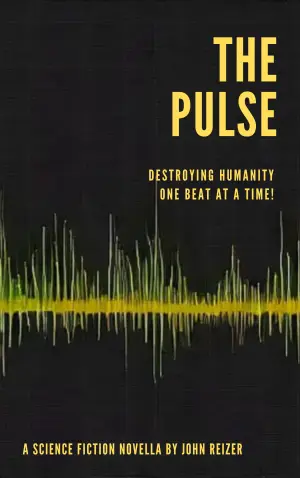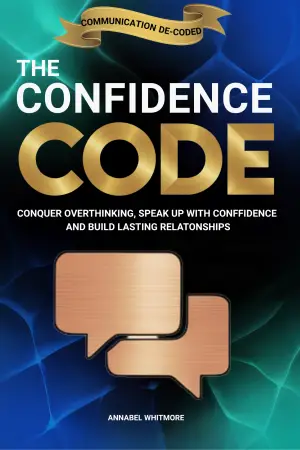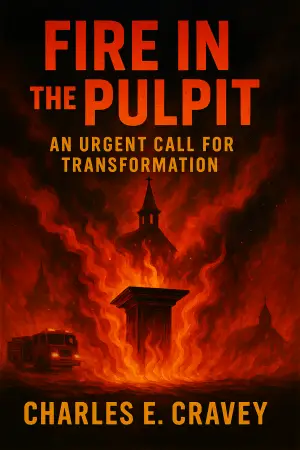An Intimate Dive into "Big Chief": Jon Hickey’s Compelling Debut
As a long-time admirer of Indigenous literature, I was naturally drawn to Jon Hickey’s debut novel, "Big Chief." The title alone piqued my curiosity, evoking thoughts of culture and leadership, and I found myself eager to delve into a story set against the backdrop of the fictional Passage Rouge Indian Reservation. The book promised a gripping exploration of identity, belonging, and the complexities of tribal politics, and it certainly delivered.
From the very first page, we meet Mitch Caddo, a young tribal attorney navigating the intricate world of tribal governance alongside his mentor, Joe Beck. Mitch’s struggles with belonging resonated deeply with me. He grapples with the tension of being an “outsider Indian,” and this internal conflict is beautifully articulated through his physical manifestation of anxiety—the "shiver." It’s a poignant metaphor that reflects not just his personal dilemmas but, I believe, speaks to the shared experience many face when navigating identity and home.
One of Hickey’s standout strengths is his knack for crafting multidimensional characters. Mack Beck, the charismatic Tribal President, epitomizes the heartbreaking paradox of leadership, where childhood traumas inform his decisions but also lead him down paths of corruption. His relationships with both Layla Beck, his estranged sister, and Mitch are layered with complexity and unspoken histories, painting a vivid portrait of familial dynamics and rivalries which felt achingly real. The way these characters navigate the high-stakes world of tribal politics made me reflect on the struggles of leadership—who holds the power, and at what cost?
Hickey’s writing style struck me as both sharp and lyrical. He balances incisive political commentary with rich, evocative prose that pays homage to traditional storytelling elements. One quote in particular lingered with me, reflecting Mitch’s relationship with land and belonging: “This place lived in my blood… Passage Rouge would always be my home, too.” This encapsulated the essence of how deeply rooted our sense of identity can be, and the lengths we go to claim our history.
While I was captivated by many aspects of "Big Chief," I did find a few minor elements lacking. At times, the pacing slowed down during intricate political maneuverings that felt a bit disconnected from the character development. Additionally, some secondary characters, like Gloria Hawkins, felt underdeveloped, serving more as plot devices than fully fleshed-out individuals. However, these issues didn’t significantly detract from the overall impact; rather, they mirrored the messy complexities of the very real political environment being portrayed.
As the novel reached its emotional conclusion, I found myself reflecting on the broader questions it raises: How do we define belonging? What does it mean to be part of a community struggling with sovereignty in a world rife with corruption? Hickey leaves many of these questions open, provoking thought rather than serving easy answers, echoing the ongoing struggles faced by Native communities today.
"Big Chief" is a remarkable debut that intertwines political intrigue with deeply personal narratives. It invites readers to confront uncomfortable truths about identity, belonging, and the often-painful realities of modern tribal governance. I wholeheartedly recommend this book to anyone seeking a profound meditation on these themes, whether you’re well-acquainted with Indigenous literature or just beginning to explore its rich tapestry.
In short, Jon Hickey has carved out a space for himself in contemporary fiction with a voice that is both compelling and essential. His story is one I will carry with me long after turning the final page, and I can’t wait to see where his narrative talents take him next.
Discover more about Big Chief on GoodReads >>






